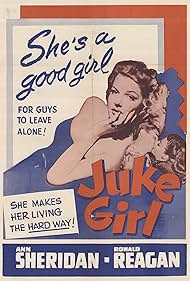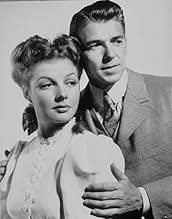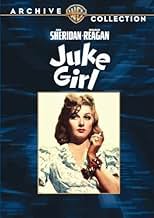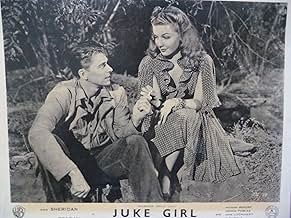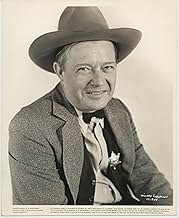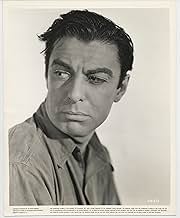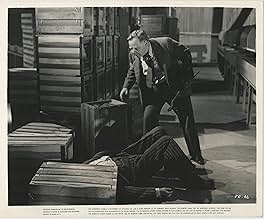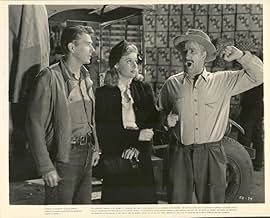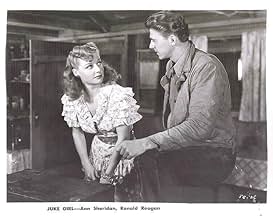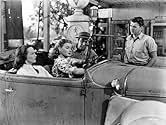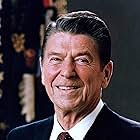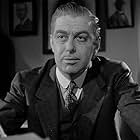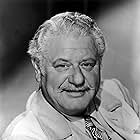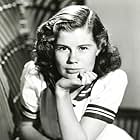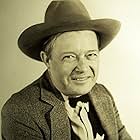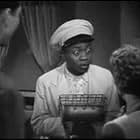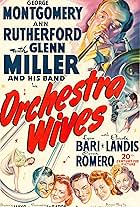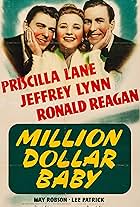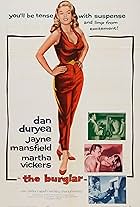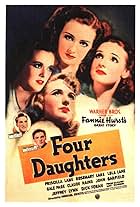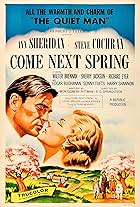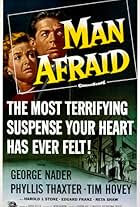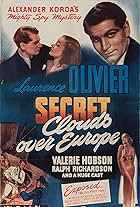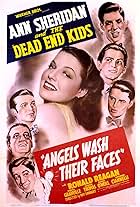Surprisingly vigorous programmer showing why Warner Bros. was the blue-collar studio of record. Had the occasional goofy humor and contrived climax been improved this could have been a sleeper. Reagan is lively and likable as the quick thinking ex-farmer-- no wooden soldier here. Whorf and Sheridan are appropriately intense, helping to inject a gritty feel. Reagan's friendship with Whorf is more interesting than the predictable romance with Sheridan. Whorf, an opportunist, splits from his hoboing buddy by siding with the crooked wholesaler (Lockhart) because he sees a lucrative future with a powerful employer. Reagan, on the other hand, is an idealist, willing to risk his future to help the victimized farmer (Tobias). In my book, the dynamic between them makes up the movie's core because it often presents a real-life choice.
A number of nice touches. The bar scenes are atmospheric and staffed beyond programmer expectation. In fact, the settings as a whole from the hobo jungle to the honky-tonk street show genuine carenote even the "Madden" labels in the background of Madden's (Lockhart's) office. I suspect that producer Hal Wallis, a leading Hollywood producer, had a lot to do with this level of detail for what amounts to a very unglamorous production. Note too how the wholesalers collude to cheat the farmers. I expect that resonated with audiences still recovering from the Great Depression. All in all, the movie's much better than its rather misleading title suggests. (In passingnote presence of voluptuous Faye Emerson {Murph} who later achieved New York celebrity by marrying one of the Roosevelt sons and scandalizing early TV with a series of plunging neckline guest-show appearances. Also, for uncompromisingly fierce look at trucking and wholesalers, catch noir classic Thieves' Highway {1949}).
